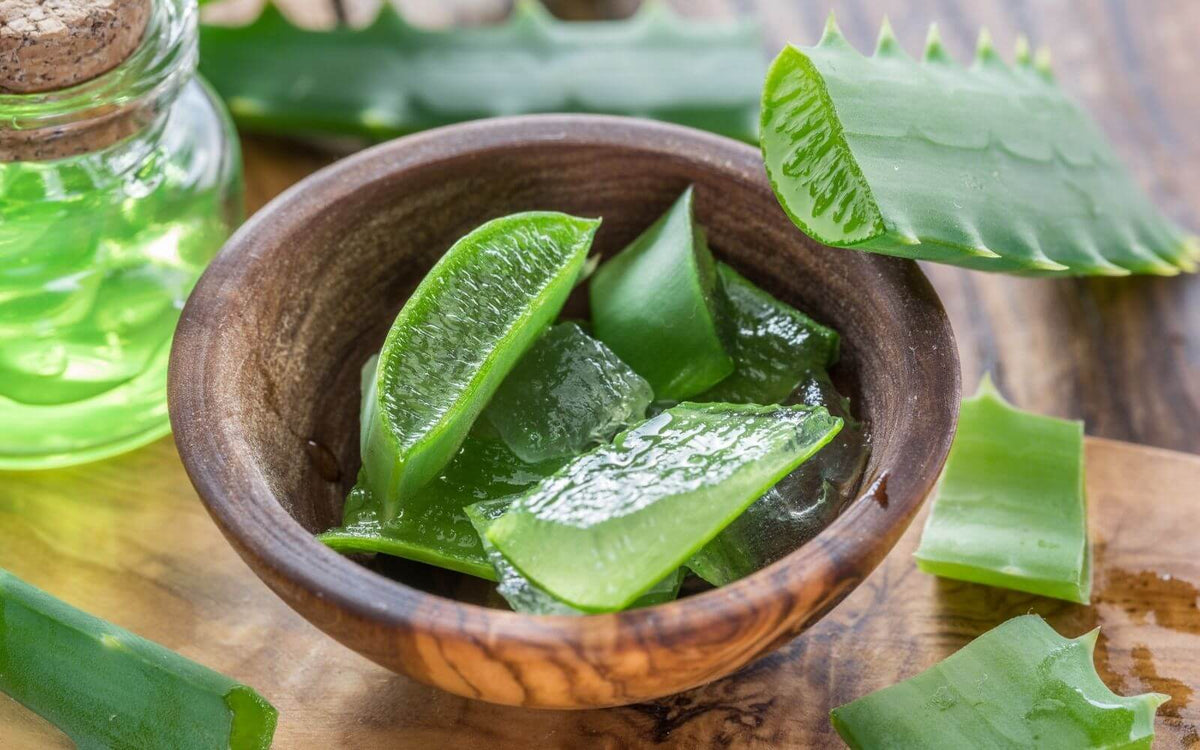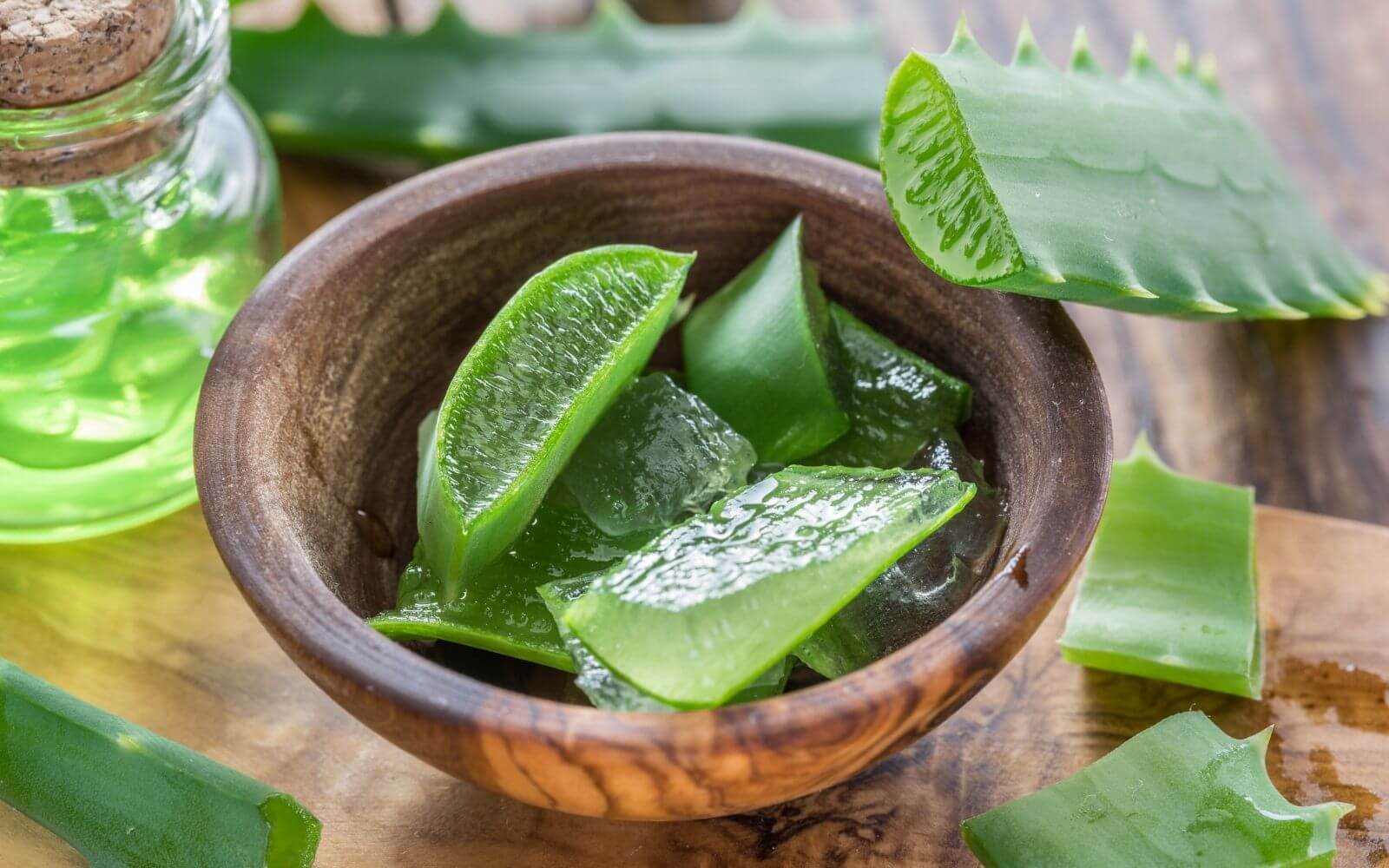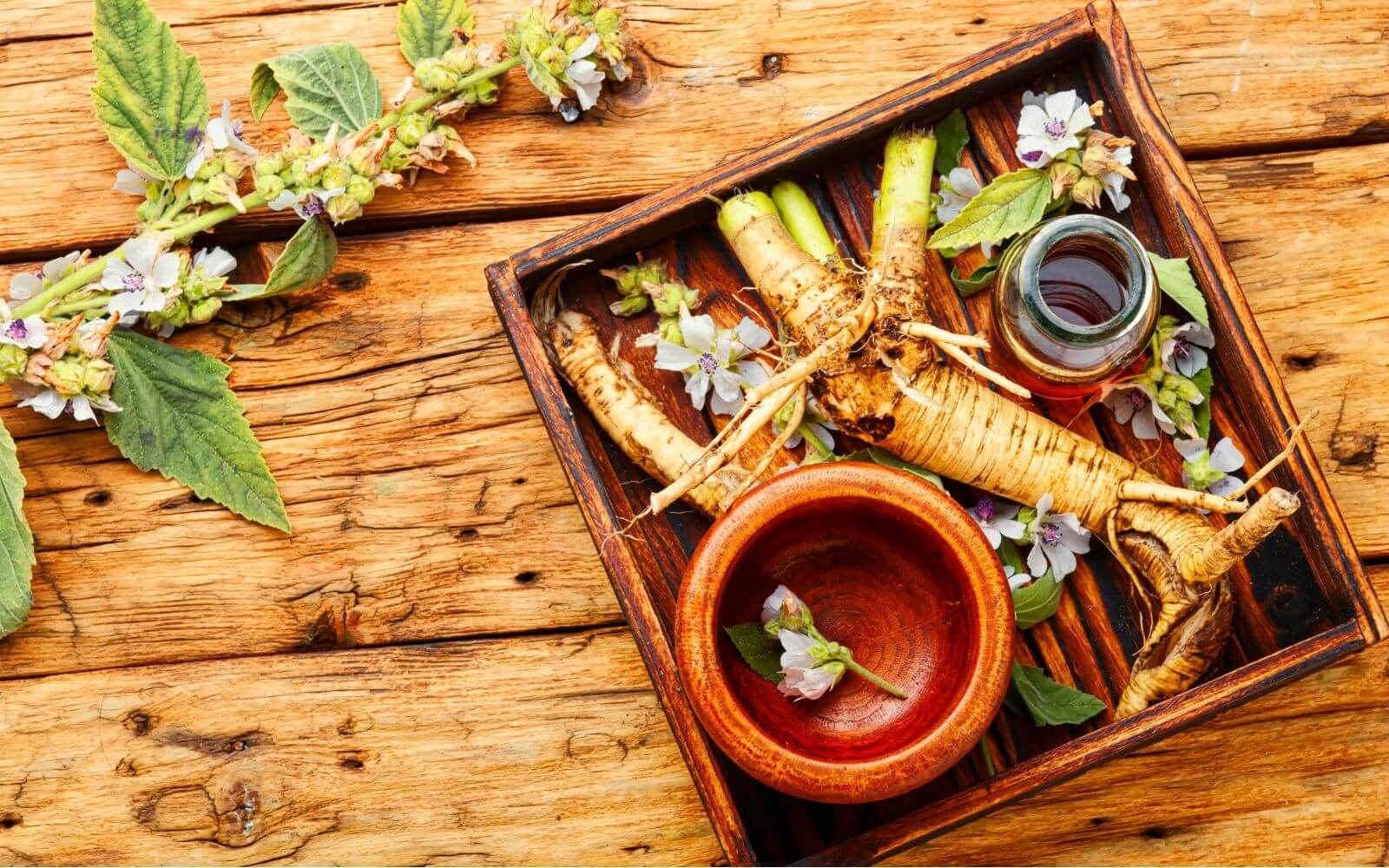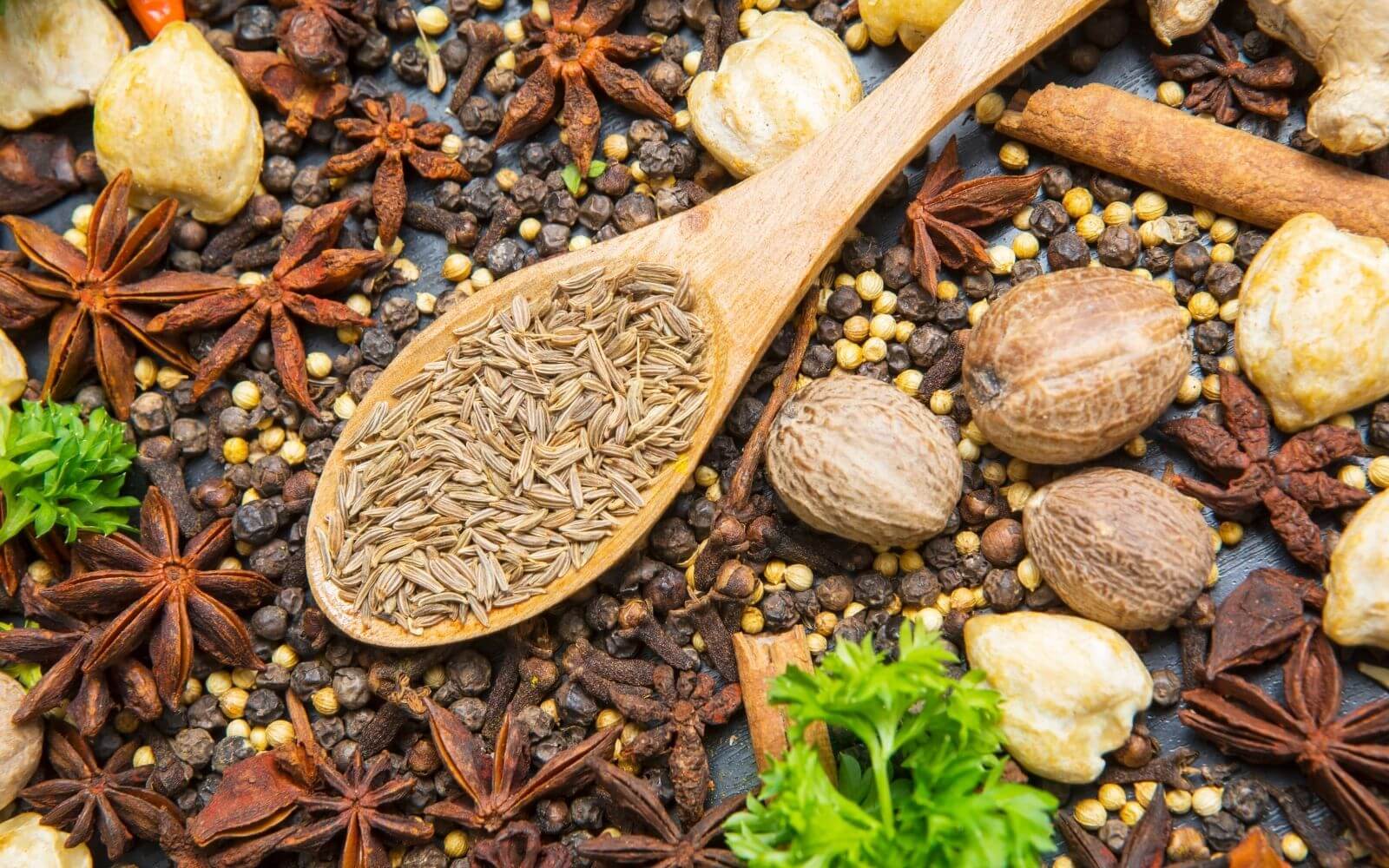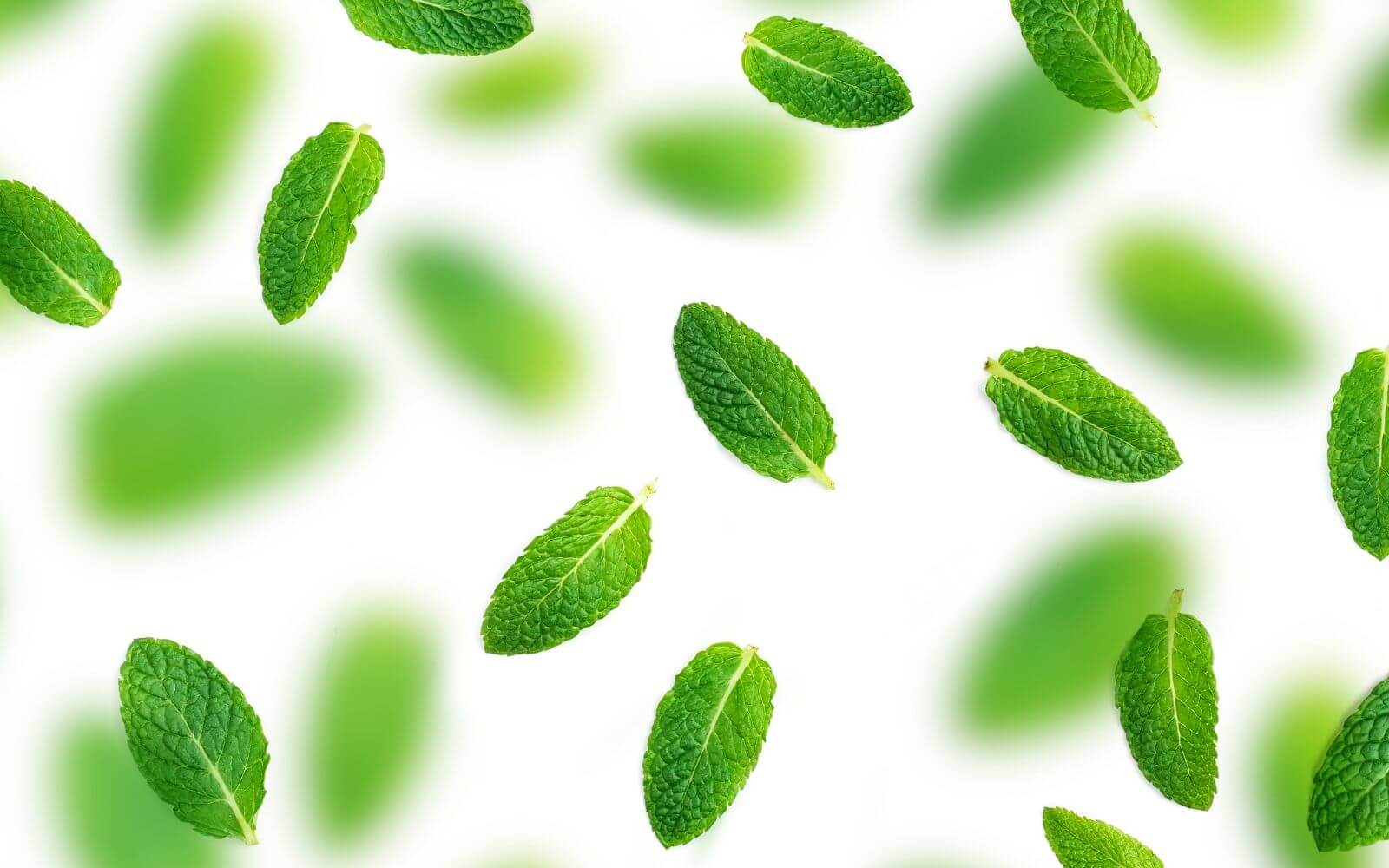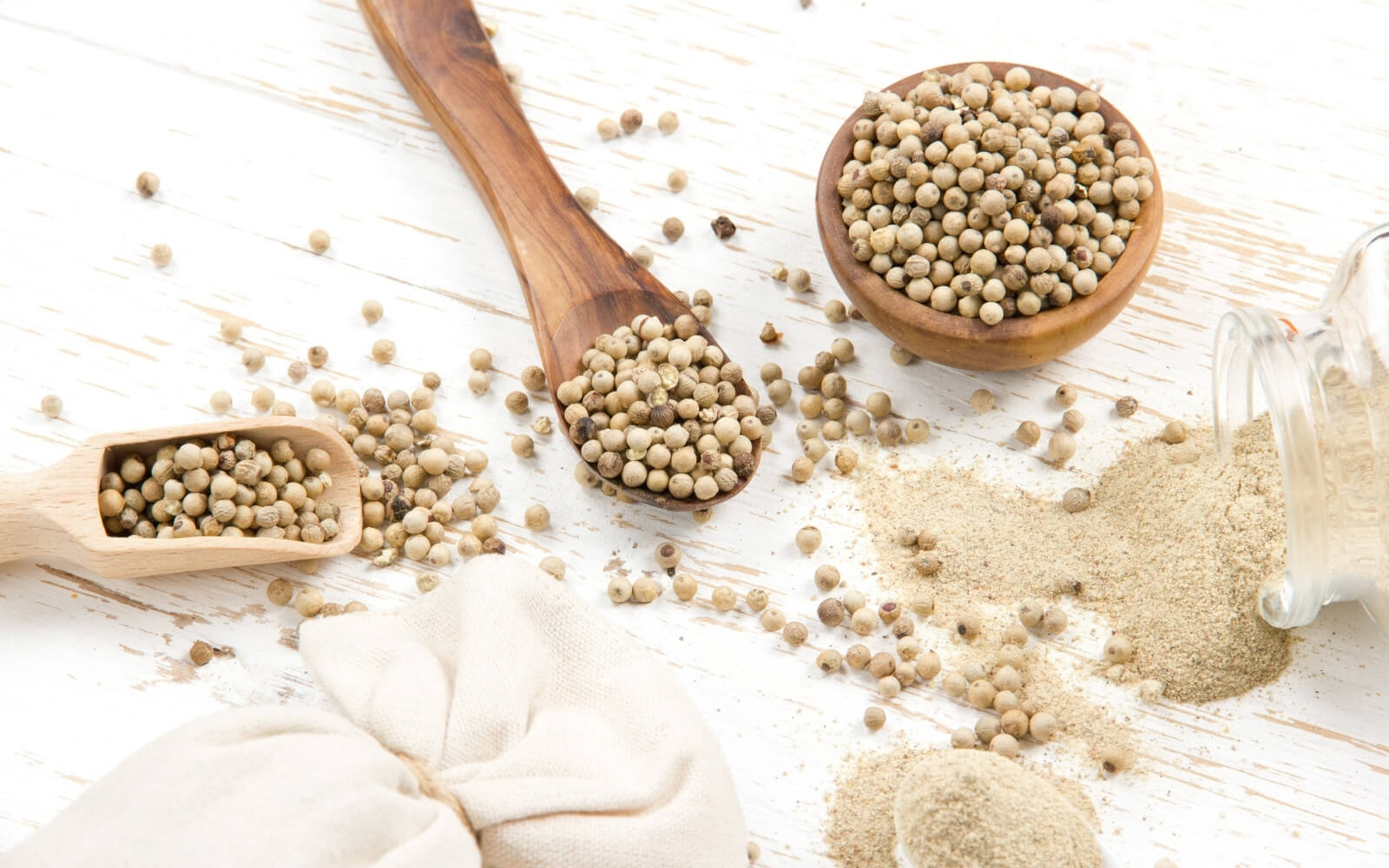L-Theanine Side Effects, Benefits & Dosage

L-Theanine Side Effects, Benefits & Dosage
Research shows that L-theanine promotes fast-acting relaxation without causing drowsiness. L-theanine supplements has grown in popularity in recent years to help people ease stress, sleep better, and unwind. In this 3-minute article, we go over the different L-theanine benefits as well as the possible L-theanine side effects.
What Is L-Theanine?
L-Theanine is a non-essential amino acid commonly found in black and green tea leaves that plays a fundamental role in maintaining a healthy mental state. L-theanine has been used since the early 1950's, however, it has grown in popularity as of late.
1. L-Theanine For Anxiety
Besides water, tea is the most widely consumed beverage in the entire world. Tea is known not only for its wide variety of flavors and types but also for its unique amino acid, L-theanine, which has many beneficial effects on brain function. As reported by Unilever Food and Health Research Institute, "evidence from human electroencephalograph (EEG) studies show that L-theanine has a direct effect on the brain. L-theanine significantly increases activity in the alpha frequency band which indicates that it relaxes the mind without inducing drowsiness."
Five randomized-controlled trials with a total of 104 participants found L-theanine successfully reduced stress and anxiety in individuals who were experiencing stressful situations. An additional separate study confirmed that L-theanine increases relaxation without causing drowsiness and can safely reduce resting heart rate.
2. L-Theanine Sleep
Recent studies suggest L-theanine can also be quite beneficial for a good night's rest. Researchers found that doses of 250 mg to 400 mg of L-theanine greatly improved sleep quality in not only humans but animals (of all kinds) as well. Research also suggests L-theanine can improve sleep quality and duration in individuals diagnosed with schizophrenia—a disorder that is characterized by, "thoughts or experiences that seem out of touch with reality, disorganized speech or behavior, and decreased participation in daily activities."
3. May Improve Focus When Paired With Caffeine
This is where L-theanine is extremely unique: even though L-theanine can improve relaxation and decrease stress and anxiety, when paired with caffeine this beneficial amino acid can actually increase focus and attention especially during demanding tasks.
A 2013 study found that moderate levels of both L-theanine and caffeine when paired together, increase focus and attention. The participants of the study—a group of young adults, found they focused better during demanding tasks and felt less tired in general. These effects can be felt in as little as 30 minutes.
4. Can Lead To Better Immunity
Studies suggest L-theanine can improve the function of the body's immune system. For instance, one study published in the journal Beverages found L-theanine can help reduce the incidences of upper respiratory tract infections. Another study, although more research is needed to expand and certify these findings, found L-theanine can help improve inflammation in the intestinal tract.
Additionally, one study found that combining L-theanine and L-cystine lead to an improved immune system response to the flu vaccine in elderly patients.
5. May Safely Lower Blood Pressure
L-Theanine has shown the ability in numerous scientific studies to safely and effectively lower blood pressure in stressful situations. A 2012 study, for example, observed people who normally experienced higher blood pressure after certain tasks and found that L-theanine helped control blood pressure in those groups.
6. Can Provide Sinusitis Relief
Research suggests that a cup of (green) tea may provide you with some sinusitis relief. Author of the "Whole Body Approach To Allergy and Sinus Health," Murray Grossman, MD, states that L-theanine can help boost cilia movement in the nose. Cilia are hair-like strands that can clear up mucus that can be impacted by an infection.
7. May Support Cancer Drugs & Treatment
The authors of a 2011 study suggest that L-theanine found in the bay bolete mushroom works together to improve the effectiveness of certain chemotherapy drugs—one of them being doxorubicin. Certain biotechnology researchers are taking these promising studies to the next level and expect that in the future L-theanine could also help improve chemotherapy's ability to fight cancer.
- In 2004, a group of Chinese researchers found that green tea consumption enhances the survival of epithelial ovarian cancer.
L-Theanine Supplements
L-theanine is not a medication, so there are no official guidelines regarding how much a person should consume. L-theanine is usually available in the form of 200 mg tablets.
200 mg of L-theanine can be found in the Fitore Nutrition Thought Calmer. This novel formulation is a clinical strength blend of five potent all-natural ingredients including ashwagandha, magnesium citrate, rhodiola rosea, and 5-HTP. Thought Calmer helps regulate cortisol levels to reduce the effects of stress and anxiety. Easy Sleep, an all-natural sleep support supplement has 150 mg of L-theanine in addition to anxiety-relieving botanicals like passionflower, 2.5 mg of melatonin, valerian root extract, and essential vitamin and minerals like magnesium citrate and chelated iron.

L-Theanine Side Effects
L-theanine is safe to consume and there are little-to-no confirmed direct side effects. According to Memorial Sloan Kettering Cancer Center, however, the polyphenol EGCG found in green tea can reduce the efficacy of some chemotherapy drugs while increasing the efficacy in others. For that reason, it’s very important for those taking chemotherapy drugs to consult their doctors before drinking large amounts of green tea as part of their treatment plan. In addition, L-theanine may interact with the following drugs and supplements:
- Drugs for the treatment of high blood pressure
- Other supplements that lower blood pressure
- Stimulants, such as those that doctors use to treat attention deficit hyperactivity disorder (ADHD)
L-Theanine Has No Sedative Side Effects
L-theanine can generate alpha brain waves, which are brain waves typically associated with relaxation, however, these waves will not induce drowsiness and have so sedative side effects.
Safety of L-Theanine
Even in extremely high doses (60x the usual amount) L-theanine is considered safe and has very little side effects. However, just because L-theanine didn't induce toxicity at extremely high levels doesn't mean you should take exorbitant amounts to further increase your sense of calm.
L-Theanine Dosage
L-theanine is a supplement and not a medication and therefore, a definitive L-theanine dosage isn't known. Following general caffeine guidelines, however, can be helpful if you are drinking tea.
For supplements, a common L-theanine dosage can be between 50 mg to 250 mg. Thought Calmer supplement has 200 mg of L-theanine. You can shop Thought Calmer here.
A regular cup of green tea contains roughly 25 mg of L-theanine.
L-Theanine Overdose
This supplement is extremely unlikely to cause an overdose when the recommended amount is taken. Even extremely high levels, around 4000 - 6500 mg each day didn't induce toxicity.
L-Theanine Side Effects, Benefits & Dosage
L-Theanine is a non-essential amino acid commonly found in black and green tea leaves and plays a fundamental role in maintaining a healthy mental state. Research has found that L-theanine significantly increases activity in the alpha frequency band which indicates that it relaxes the mind, and reduces anxiety without inducing drowsiness.
Studies suggest L-theanine can improve the function of the body's immune system. For instance, one study published in the journal Beverages found L-theanine can help reduce the incidences of upper respiratory tract infections. Supplementing with L-theanine can also lead to:
- Improved sleep
- Improved focus
- Better immunity
- Lower blood pressure
- Sinusitis relief
L-Theanine is safe to consume with very little side effects. Those taking chemotherapy drugs, however, should consult with their doctors before drinking large amounts of green tea as part of their treatment plan.
Frequently Asked Questions About L-Theanine

Q: What does taking L-theanine do?
A: L-theanine is an amino acid found primarily in green and black tea and some mushrooms. L-theanine has been found to help reduce stress and anxiety and ease insomnia.
Q: What does L-theanine do for anxiety?
A: Research suggests L-theanine works by decreasing the "excitatory" brain chemicals that contribute to stress and anxiety while increasing brain chemicals that encourage a feeling of calm.
Q: Does L-theanine make you happy?
A: Studies show L-theanine can eleveate levels of GABA, as well as serotonin and dopamine in the brain. Dopamine is known as the "happy chemical." Both serotonin and dopamine work in the brain to regulate emotions, mood, concentration, alertness, and sleep, as well as appetite, energy, and other cognitive skills.
Q: What are the side effects of L-theanine?
A: There are no direct reported side effects of L-theanine. When taken in too high a quantity, however, it may cause nausea.
Q: Does L-theanine affect serotonin?
A: L-theanine can boost levels of serotonin in the brain.
Leave a comment
Comments will be approved before showing up.
Also in Ingredients

Licorice Root: Benefits, Side Effects & Dosage

Slippery Elm Bark Benefits, Side Effects & Dosage
